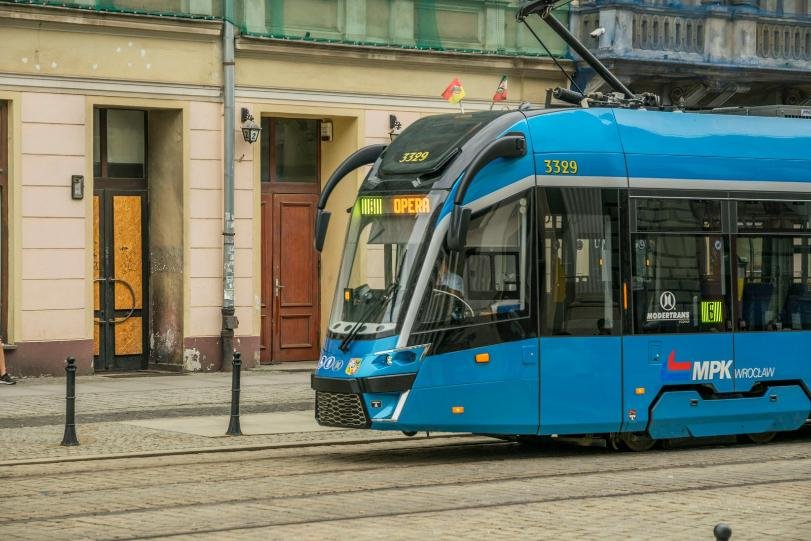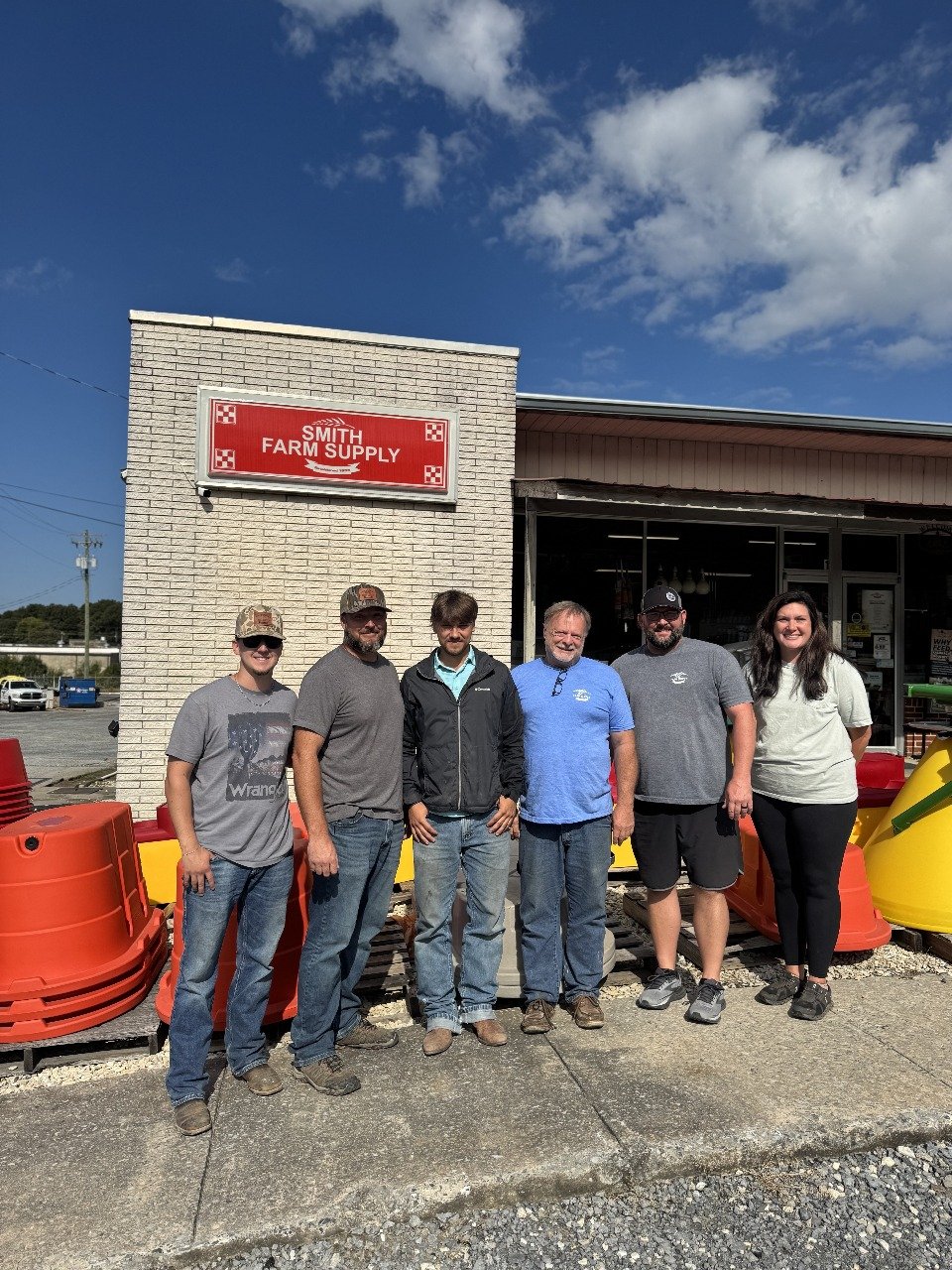Northwest Georgia is more than just a region – it’s a cornerstone of the logistics industry. Positioned at a strategic crossroads of commerce, this area connects businesses to key domestic and international markets. With robust infrastructure, thriving industries, and a growing focus on sustainability, Northwest Georgia offers unparalleled opportunities for companies aiming to optimize supply chain operations. From bustling rail networks to proximity to major ports and interstates, its logistics ecosystem ensures efficient transportation and cost savings. In this article, we’ll uncover why Northwest Georgia is considered a logistics powerhouse and explore how businesses leverage its unique advantages to succeed.
Strategic Location and Infrastructure
Northwest Georgia’s logistics strength stems from its prime geographic location. With major interstates like I-75 and I-85 running through the region, businesses enjoy seamless access to key markets in the Southeast and beyond. The area is within a two-day drive of 80% of the U.S. population, providing a distinct advantage for companies with tight delivery schedules. Proximity to Atlanta, home to Hartsfield-Jackson Atlanta International Airport – the busiest airport globally – enhances international freight capabilities. Additionally, the Port of Savannah, one of the fastest-growing ports in the U.S., facilitates global trade and strengthens Northwest Georgia’s role in international logistics.
For rail transport, industry leaders like CSX and Norfolk Southern ensure efficient freight movement, while multimodal transport options enable flexibility for businesses looking to cut costs and streamline operations.
External Resource: Learn more about Georgia’s logistics infrastructure.
Thriving Industries Driving Growth
Northwest Georgia is a hub for industries heavily dependent on reliable logistics. The region is best known as the “Carpet Capital of the World,” with Dalton, GA, leading in flooring production. Additionally, the automotive sector plays a significant role, with companies like Kia and its suppliers contributing to the area’s economic growth. Warehousing and distribution have also seen a surge, thanks to e-commerce giants establishing fulfillment centers to meet rising consumer demands.
Examples of thriving industries:
- Carpet and Flooring Manufacturing: Over 85% of U.S. carpets are produced in Dalton.
- Automotive Manufacturing: Kia Motors and suppliers significantly impact the local economy.
- E-commerce Distribution: Northwest Georgia is a vital link for companies like Amazon.
External Resource: Read about Dalton’s manufacturing legacy.
Workforce and Economic Development
The region’s workforce is another cornerstone of its logistics success. Educational institutions, including Georgia Northwestern Technical College, collaborate with businesses to offer tailored training in logistics, supply chain management, and warehousing. This ensures a steady pipeline of skilled professionals. Additionally, the region benefits from competitive labor costs, making it attractive for businesses looking to scale operations.
Statistics to Consider:
- Over 50,000 jobs in logistics and transportation fields.
- A 3% annual growth rate in the transportation and warehousing sector.
External Resource: Explore Georgia’s workforce training programs.
Business Incentives and Policies
Georgia’s business-friendly climate provides strong incentives for companies to establish operations in Northwest Georgia. The state offers job tax credits, property tax abatements, and other grants to encourage investment. Programs like Georgia Quick Start offer free workforce training tailored to specific business needs, ensuring new companies hit the ground running.
Highlighted Incentives:
- Job tax credits of up to $4,000 per job created.
- Access to infrastructure improvement grants.
- Simplified permitting processes.
External Resource: Learn about Georgia’s economic development incentives.
Sustainability and Technology in Logistics
The future of logistics in Northwest Georgia is shaped by green initiatives and technological advancements. Companies are adopting renewable energy in their warehouses, while fleets are transitioning to electric vehicles to reduce carbon emissions. Automation and artificial intelligence are being integrated into supply chain operations, ensuring efficiency and cost-effectiveness.
Key Developments:
- Increasing adoption of electric trucks for transportation.
- Automated inventory management systems in warehouses.
- Use of AI for demand forecasting and route optimization.
External Resource: Discover trends in green logistics practices.
Northwest Georgia’s unparalleled connectivity, thriving industries, and forward-thinking initiatives make it an unbeatable logistics hub. From its skilled workforce to its business-friendly policies, the region offers everything companies need to succeed in the competitive logistics landscape. Whether you’re a business owner or an investor, there’s never been a better time to explore the opportunities in Northwest Georgia. Visit our website to learn more about how this region can help your business thrive!










